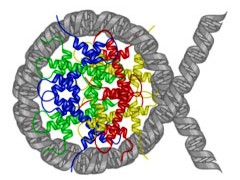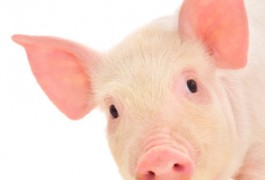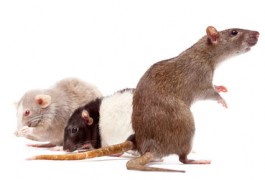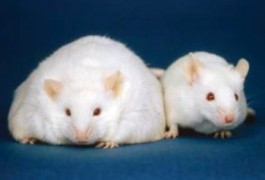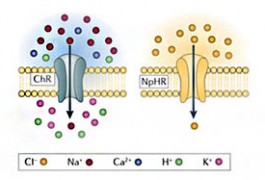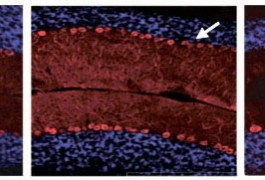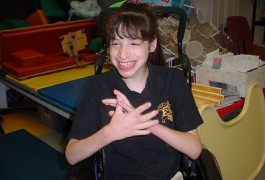Bone marrow transplant curbs autism symptoms in mice
An altered immune system can cause autism-like behaviors, suggests a study published 31 July in the Proceedings of the National Academy of Sciences. The researchers found that a bone marrow transplant, which restores the animals’ immune system, alleviates their anxiety and repetitive behavior.

